In debut address at the United Nations General Assembly, Indonesian President Prabowo Subianto called for guaranteeing Israel’s security as a key condition for peace in West Asia —an unexpected message from the leader of the world’s most populous Muslim-majority country, which has no diplomatic ties with Israel.
Prabowo said his country could recognise Israel, but only if Palestinian statehood is first acknowledged.
He said he was “greatly heartened” by the recent decisions of several Western countries —specifically Britain, France, Belgium, Australia, and Canada — to recognise Palestinian statehood, calling it a step aligned with “the path of the moral high ground, path of rectitude, path of justice, humanity.”
“I would like to reiterate again Indonesia’s complete support for the two-state solution in Palestine. We must have an independent Palestine, but we must also recognise and guarantee the safety and security of Israel. Only then can we have real peace,” Prabowo said.
Prabowo said that once Israel recognises Palestine, “Indonesia will immediately recognise the State of Israel.”
He said that Indonesia wants a peace that shows that “might cannot make right.”
In another dramatic move, he offered to contribute 20,000 or more Indonesian troops to help secure peace in Gaza, if the mission is authorised by the UN.
“We believe in the UN. We will continue to serve where peace needs guardians — not with just words, but with boots on the ground,” he said.
“If and when the UN Security Council and this great assembly decide, Indonesia is prepared to deploy 20,000 or even more of our sons and daughters to help secure peace in Gaza,” he added.
Impact Shorts
More ShortsHe went ahead and said that Indonesia was also willing to send peacekeepers elsewhere, including in Ukraine, Sudan, or Libya.
He ended the speech with a rare, multifaith farewell — including a Jewish greeting — saying:
“Wassalamu’alaikum warahmatullahi wabarakatuh, Shalom, Om Shanti Shanti Shanti Om. Namo Budhaya. Thank you very much.”
Following his address, President Subianto received a warm reception from several world leaders.
Jordan’s King Abdullah II and Brazilian President Luiz Inácio Lula da Silva were seen shaking his hand and commending him for the strong messages in his speech.
Both leaders expressed appreciation for his bold and balanced stance on peace and security.
However, Prabowo’s UN speech sparked mixed reactions in Indonesia.
Dave Laksono, a lawmaker from Prabowo’s coalition party Golkar, told South China Morning Post that President’s call for conditional recognition of Israel is a “bold and strategic diplomatic move,” emphasising it “places the principles of justice and sovereignty as the main foundation.”
He clarified that conditional recognition of Israel “is not a form of compromise, but rather a constructive offer that requires full recognition of Palestinian independence and sovereignty first.”
However, some social media users harshly criticised Prabowo’s stance.
One wrote, “Never in our name! The people of Indonesia will never ever recognise the genocidal apartheid entity! Prabowo doesn’t represent us! The Indonesian government has been bought!”
Human rights activist Veronica Koman added, “Prabowo promises recognition of sovereignty for Israel if Israel recognises Palestine, whereas Prabowo should demand that Israel’s UN membership be revoked because it is actively committing genocide.”
Others noted that a two-state solution, which Indonesia has supported for years, inherently involves recognising both Israel and Palestine.
Analysts see the conditional recognition as a “change of diplomatic style” rather than a shift in principles.
Agung Nurwijoyo, an international relations lecturer at the University of Indonesia, told This Week in Asia: “The attitude remains the same, but the message has shifted slightly. During [Widodo’s] era, the message was firm, to reject normalisation with Israel, but under Prabowo, that message has transformed into something conditional. The public must understand that Indonesia has always supported a two-state solution from the start, which means recognising both parties, Israel and Palestine, as two entities living side by side.”
Agung also said the move is likely strategic, aimed at improving Indonesia’s ties with Western countries that recently recognised Palestinian sovereignty:
“Prabowo may aim to open up wider diplomatic space for Indonesia to build good collaboration with Western countries.”
With inputs from agencies


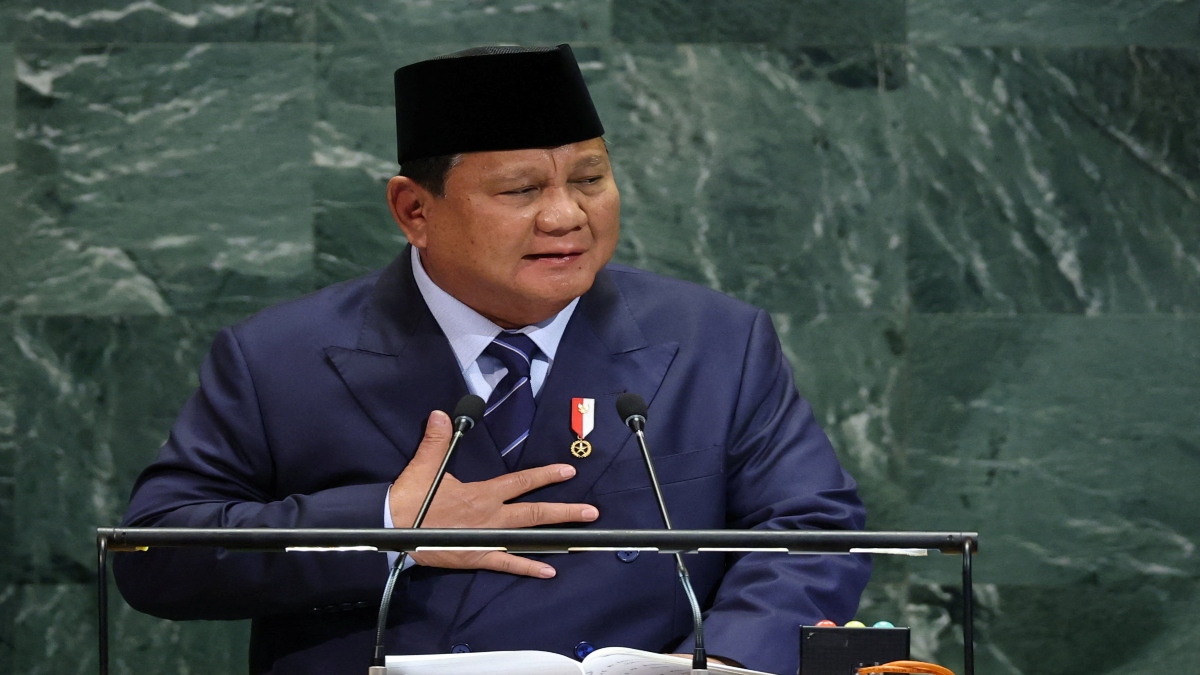)
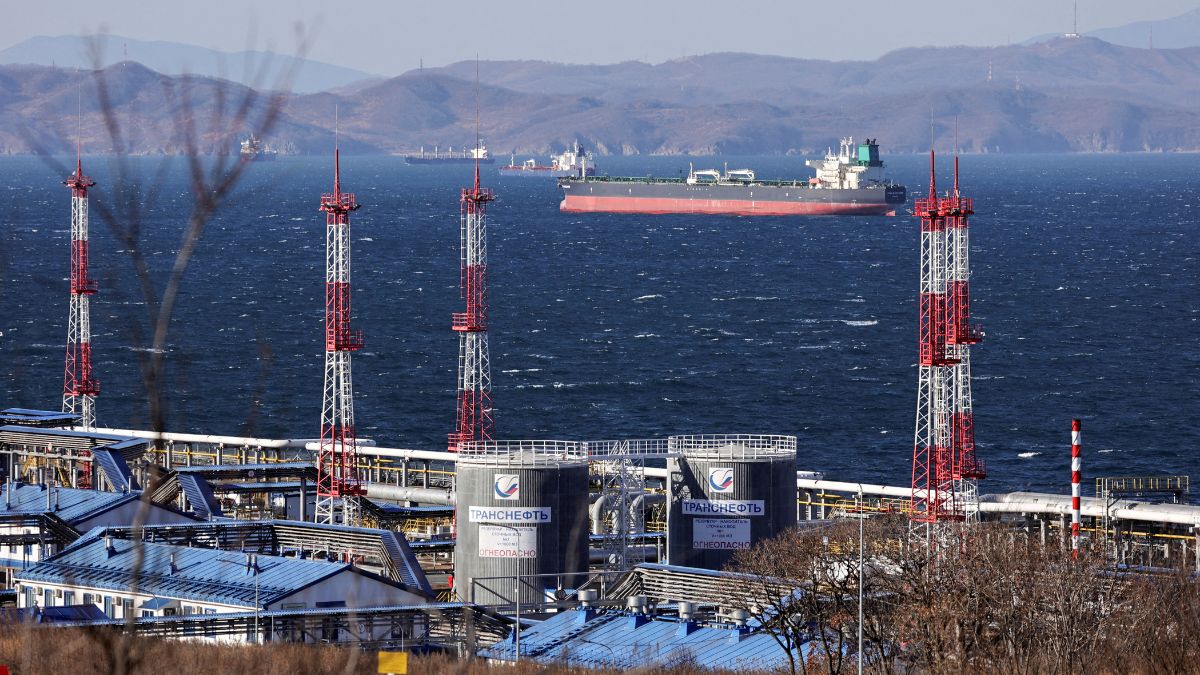
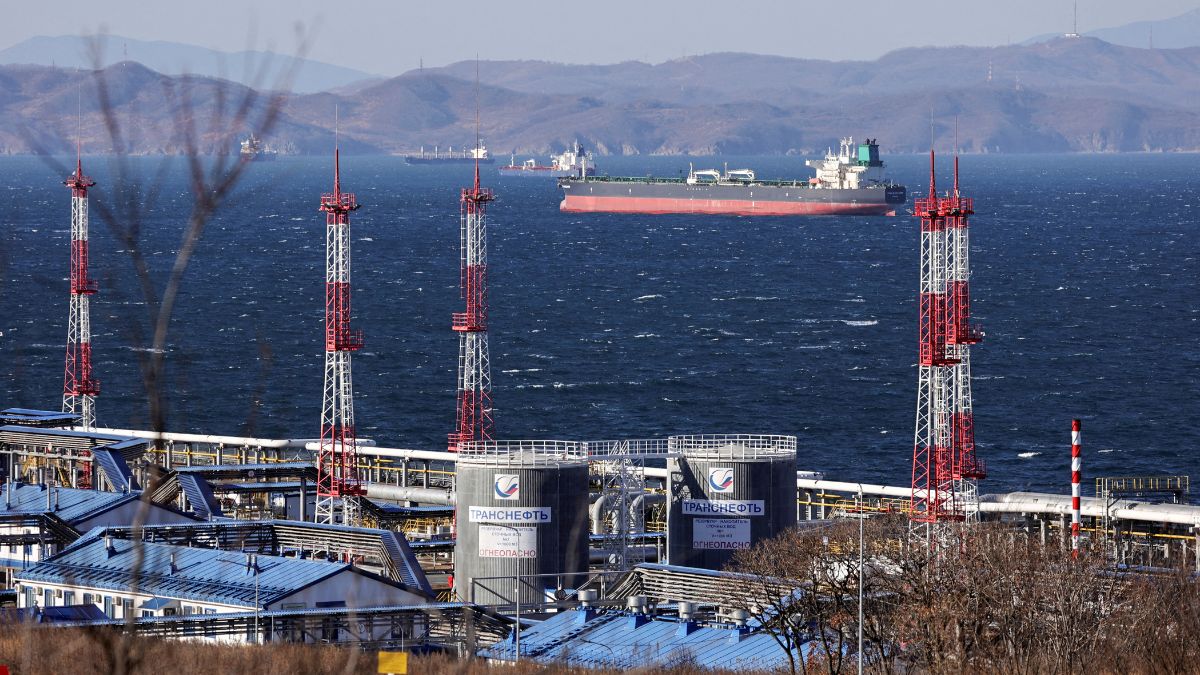)
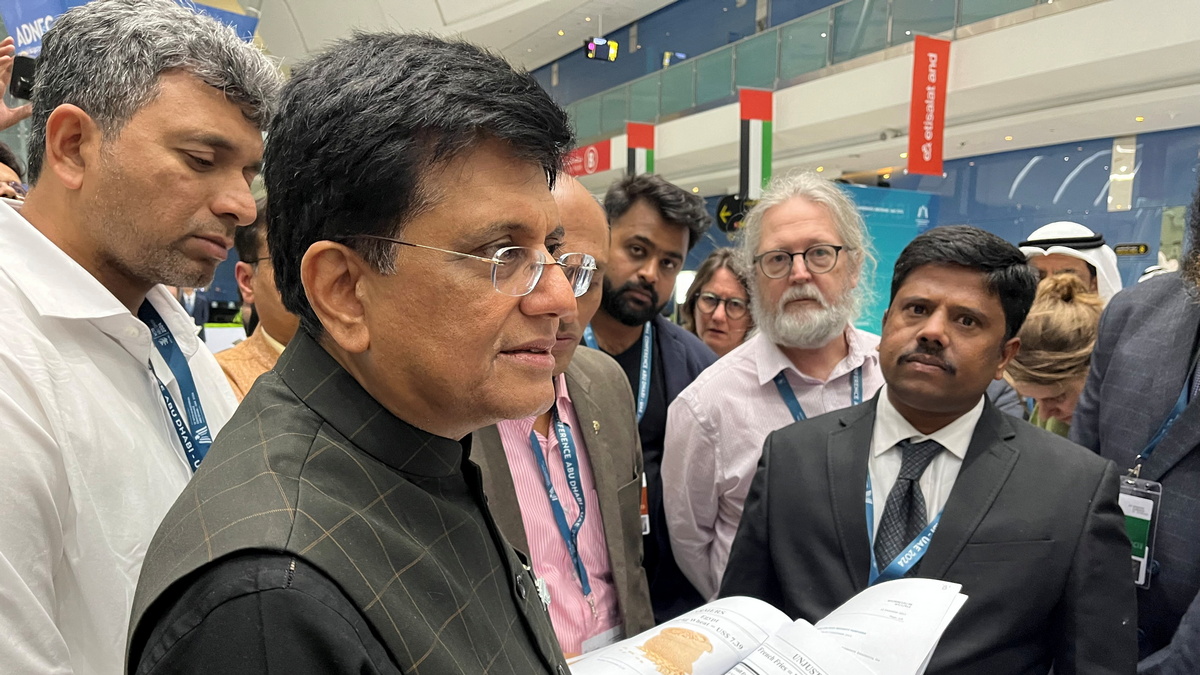)
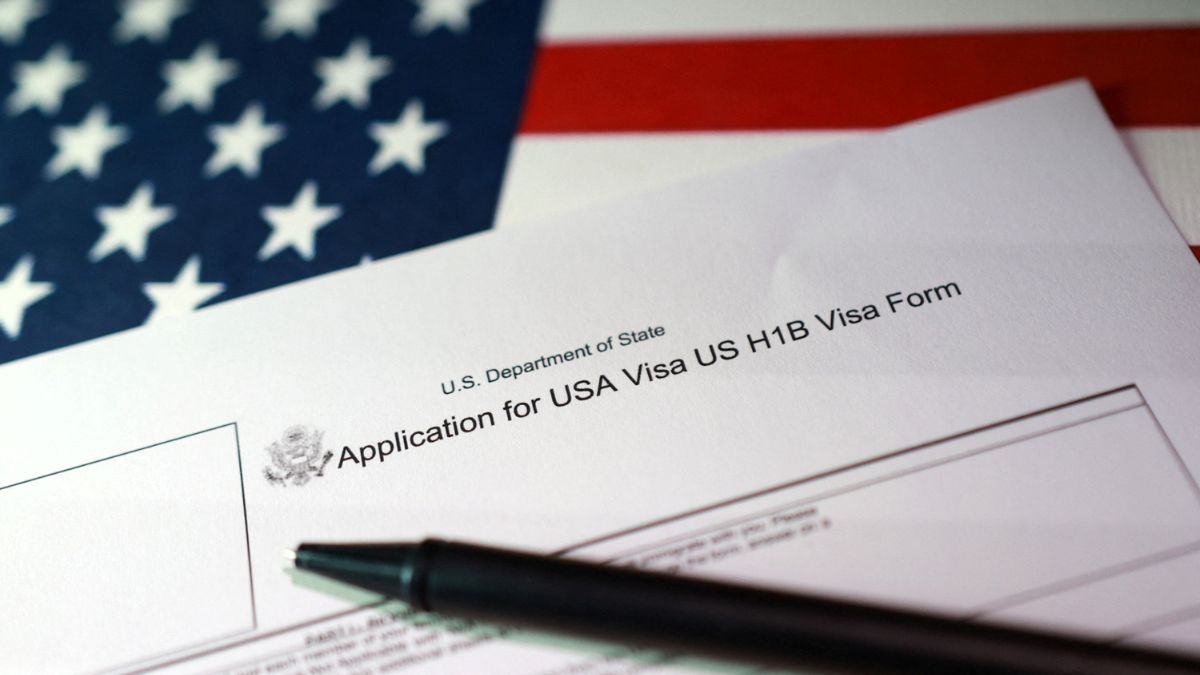)
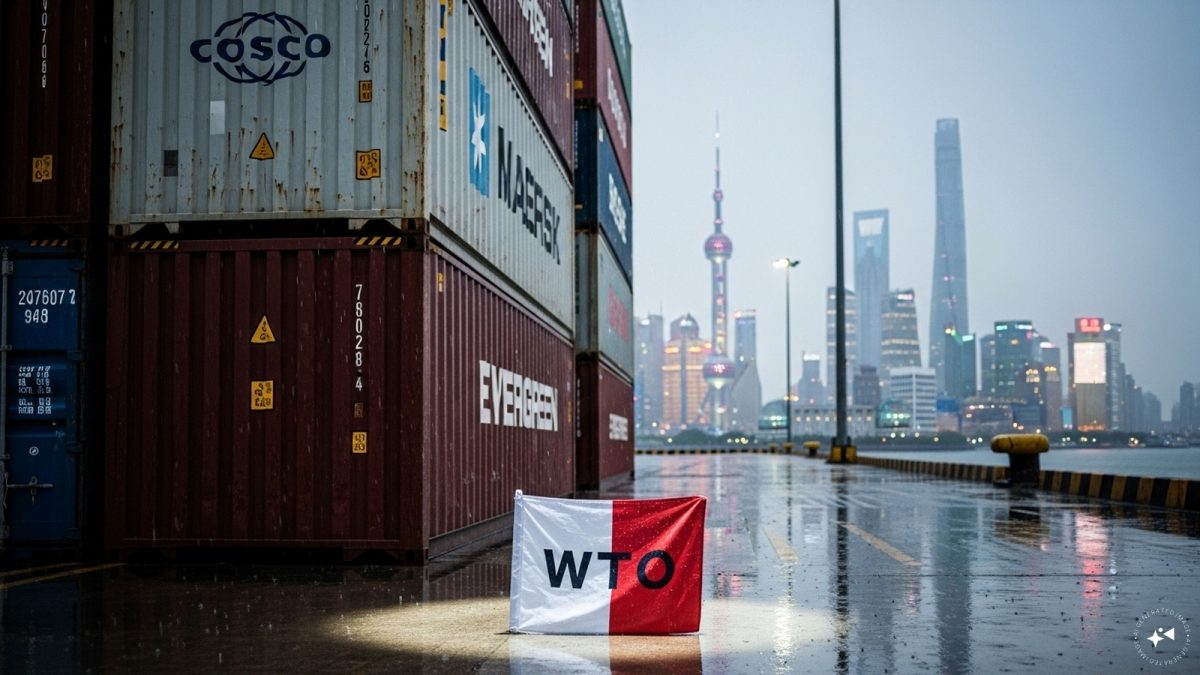)
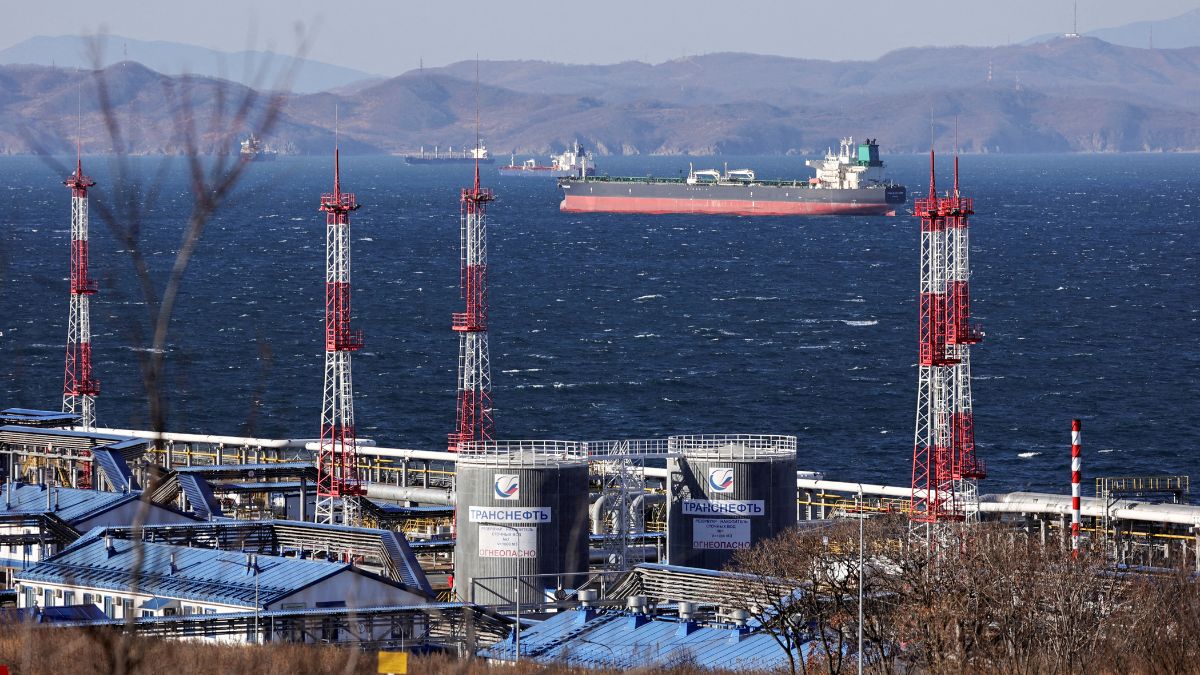)
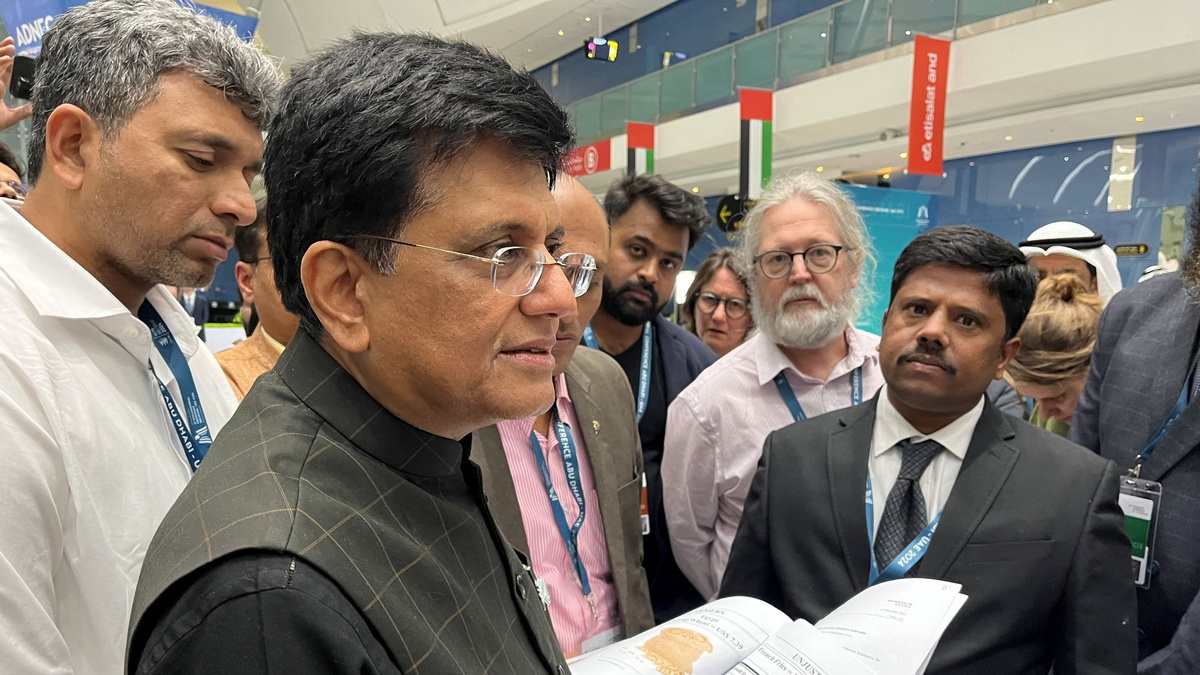)
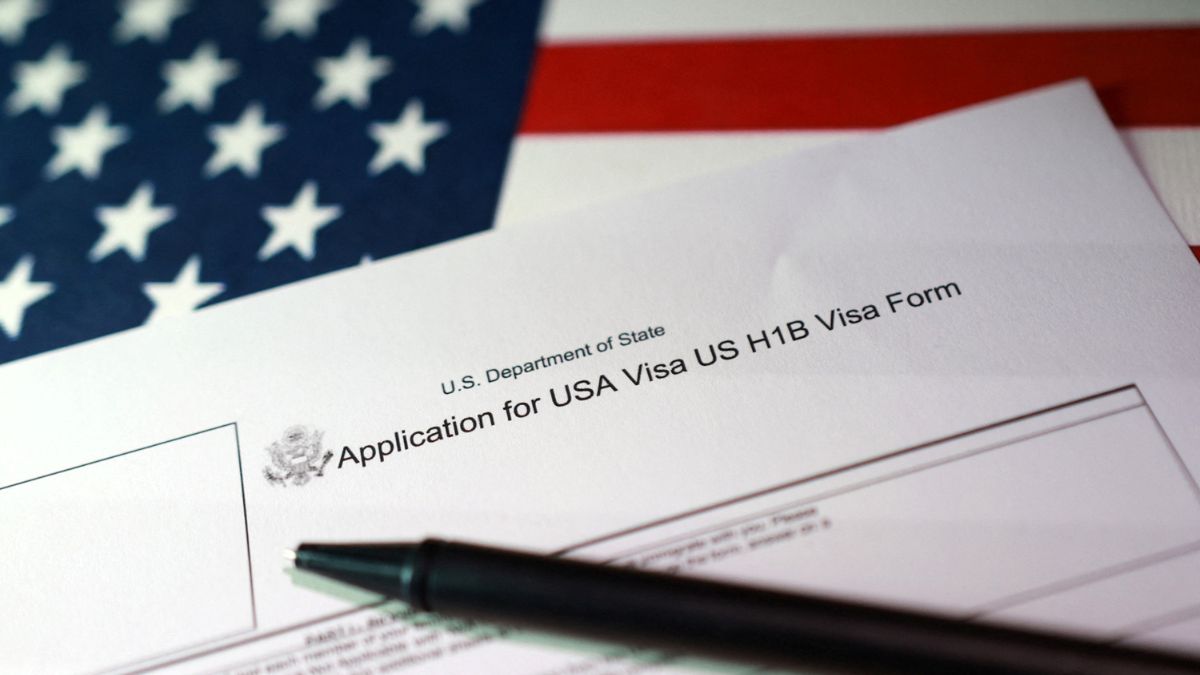)
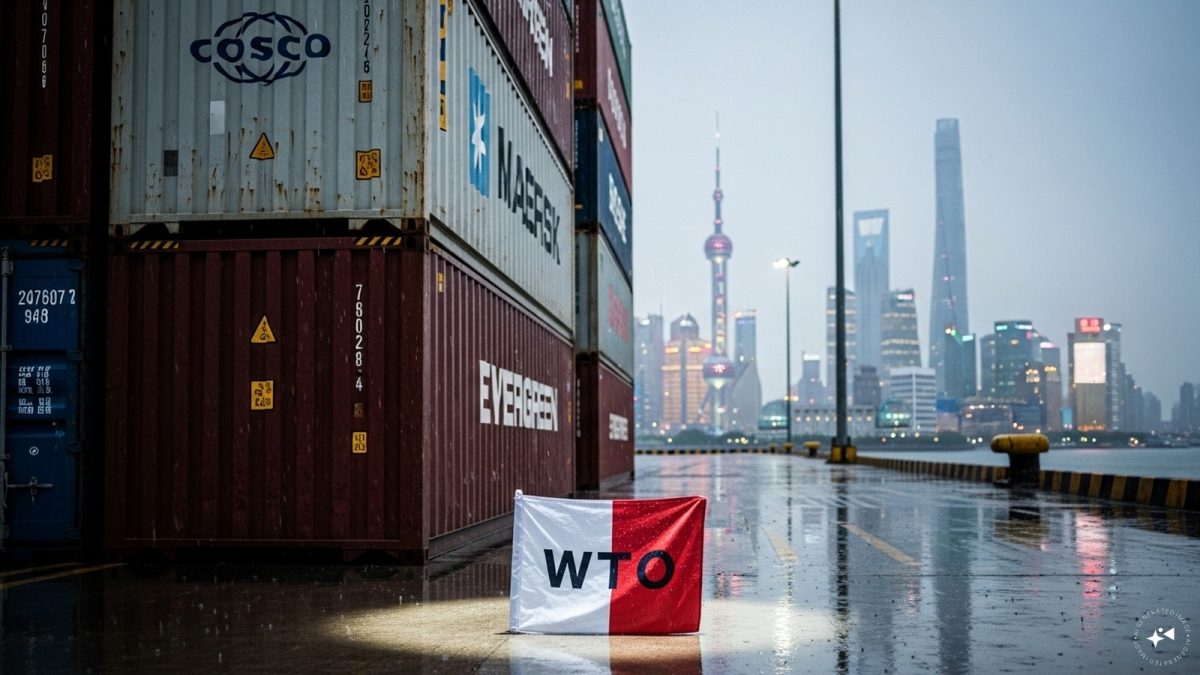)



